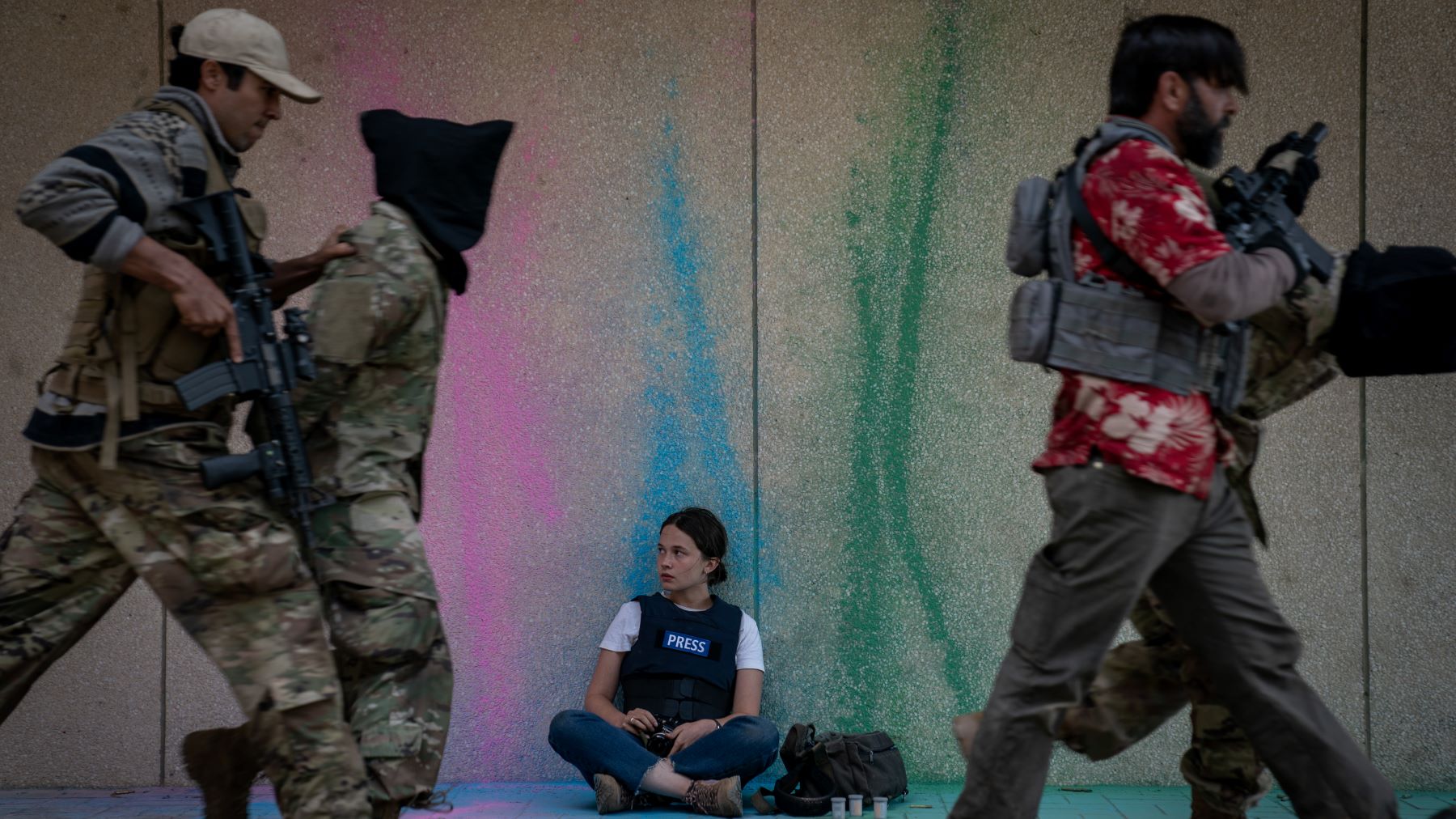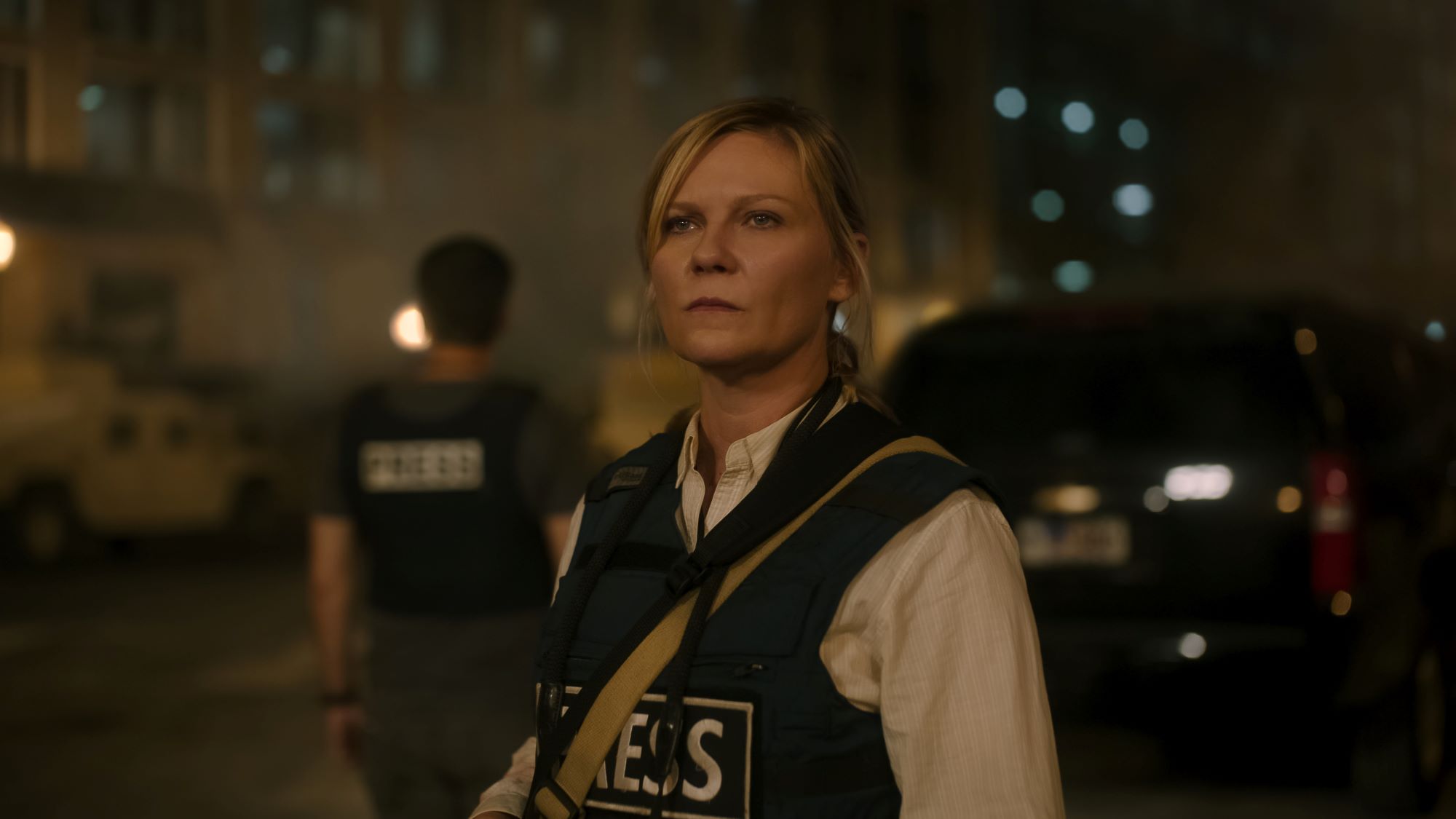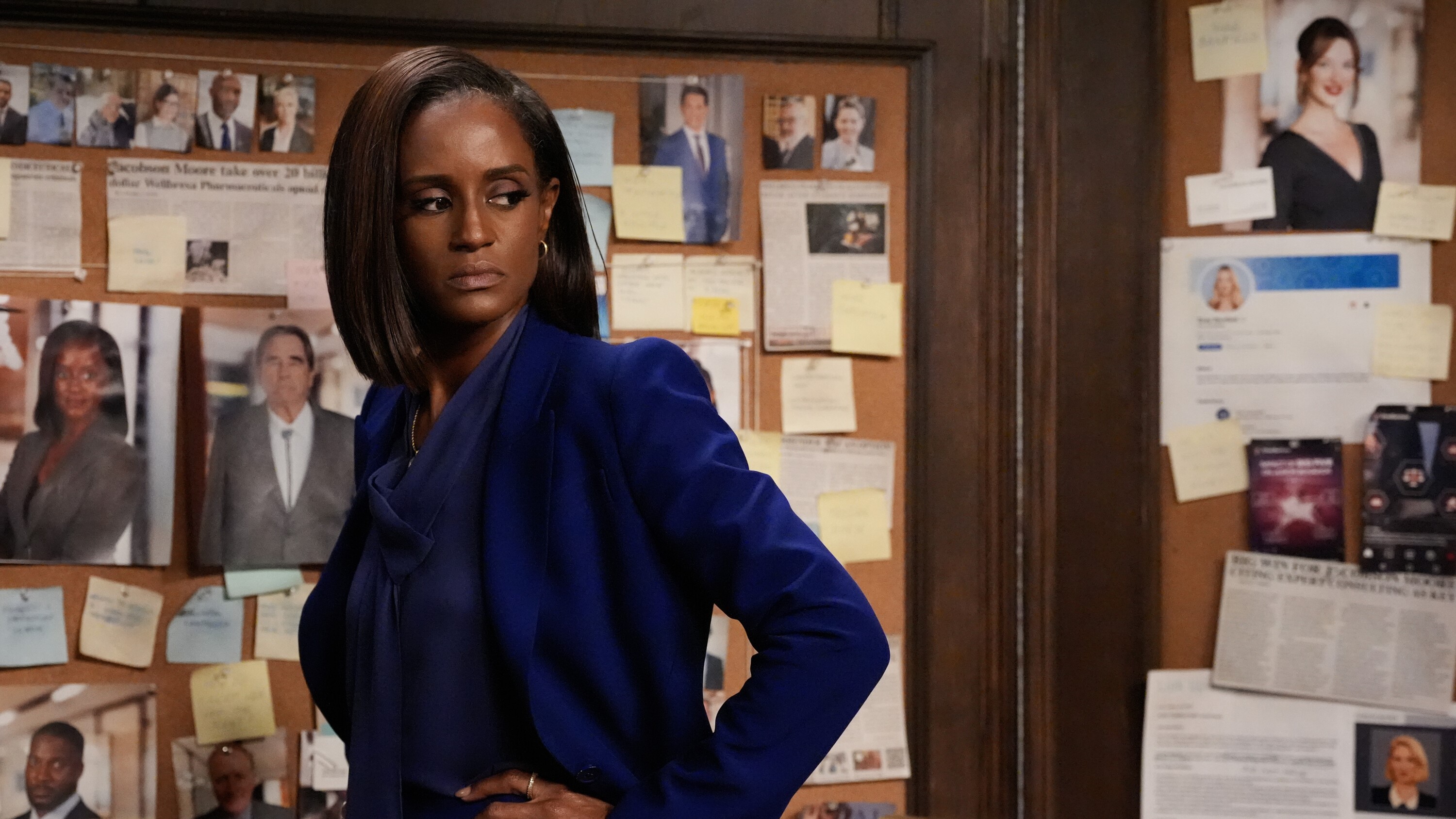What to Watch Verdict
Civil War will rattle you, achieving its primary objective, but war movie’s minimum interest in its characters keeps it from reaching its full potential.
Pros
- +
A brutal journey through an all-too believable dystopia
- +
Action scenes put you inside war zone
Cons
- -
Characters are just along for the ride
- -
Absolutely no subtlety
Perhaps I should have known better than to think a movie titled Civil War, which imagines a future where the divisions in America lead to a country-wide conflict, would look to offer a lot of nuance. But even so, writer/director Alex Garland's latest movie is about as blunt as a bazooka blowing up the Lincoln Memorial, an actual image we get in the movie.
The question that will stick with me whenever I think of Civil War moving forward is did it need to be this in our face with its warning of the worst possible outcome for our country, with almost no humanity of value on display? My hope is no, but sadly sometimes things have to be spelled out this clearly for the message to stick.
And in portraying that message, Garland creates a truly nightmarish landscape that his characters journey through, while using sound and IMAX visuals to put viewers in the closest thing many of us would ever want to come to a warzone. Civil War will rattle you and a number of images may linger after the movie. However, the characters don't get the same level of detail and as a result the big moments not on the battlefield ring hollow.
Civil War begins well into a conflict between the US government, led by a president (Nick Offerman) who we learn has stretched (and at times exceed) the limits of his power and constantly attempts to reframe the truth to his favor, and multiple secessionist groups that are closing in on Washington, D.C. Veteran war photographer Lee (Kirsten Dunst) and her journalist partner Joel (Wagner Moura) attempt to get to D.C. before the secessionist forces in the hopes of interviewing the president. Joining them is the elderly journalist Sammy (Stephen McKinley Henderson) and aspiring war photographer Jessie (Cailee Spaeny).
Lee has seen the worst of the worst, making her not only desensitized but disheartened that her work she hoped was a warning has been for naught. It's a great foil for Jessie, who often can't help but be overwhelmed by everything (and who could blame her), so Lee does what she can to emphasize that their job is to chronicle, not to feel. This is by far the best relationship in the movie, and it mostly works. Though when it comes to the final sequence, Jessie's transformation feels rushed even if it makes sense for the character; meanwhile, Lee experiences a shift that comes out of left field and then disappears almost as quickly. Had this relationship and their arcs lived up to their full potential, the movie likely would have worked a lot better for me.
That's at least better than what Moura and Henderson are given, as their journalists have basically no growth. Joel is an emotional adrenaline junkie that wants his story, which doesn't change, while Henderson's Sammy is the elder statesman there to be a dispenser of minor wisdom or warnings and basically nothing else.

It seems Garland was more focused on the world and portraying its brutality. This is most obvious in a scene teased in the trailer, where a soldier played by Jesse Plemons threatens our main characters and forces them to explain "what kind of American' they are, and if they answer wrong they'll be killed. It's a tense scene that will stick with people to be sure, but it does not come close to the heights the director has reached in some of his previous movies, for example Ex Machina.
Ex Machina saw Garland deal with the danger of AI, issuing a similar warning that if we're not careful we can be the makers of our own undoing. What's different there than in Civil War (and his previous movie Men) is that there is no balance between the characters and the theme. In Civil War, Garland wants us to know what misery could come should we not stop seeing those who differ from us as enemies, and the characters are just along for the ride.
Civil War is focused on doing one thing, forecasting a brutal American dystopia not outside the realm of possibility. You can't really argue that it did not accomplish that goal. However, its singular focus prevents it from having a more lasting impact and pales in comparison to previous work of Garland.
Civil War opens exclusively in movie theaters worldwide on April 12. Check out what else is coming to movie theaters this year with our 2024 new movie feature.

Michael Balderston is What to Watch’s assistant managing editor and lead movie writer, covering movies coming to theaters, writing movie reviews and highlighting new and classic movies on streaming services; he also covers a range of TV shows, including those in the Taylor Sheridan universe, Slow Horses, Only Murders in the Building, Jeopardy!, Saturday Night Live and more, as well as the best ways to watch some major US sporting events.
Based outside of Washington, D.C., Michael's previous experience includes writing for Awards Circuit, TV Technology and The Wrap.
Michael’s favorite movie of all time is Casablanca, while his favorite TV show is Seinfeld. Some 2025 favorites include One of Them Days and Black Bag for movies, and The Pitt on TV. Follow on Letterboxd to keep up with what I'm watching.











